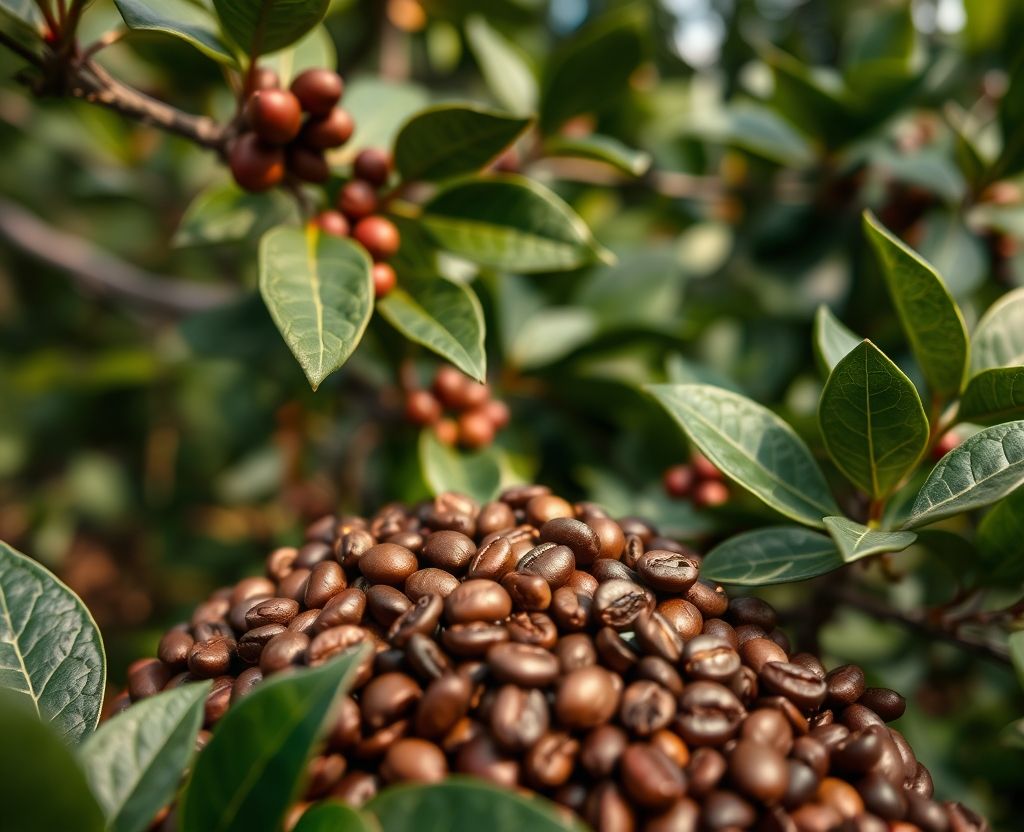Coffee traders are racing to ship Brazilian coffee into the United States before a new 50% tariff—announced by former President Donald Trump—takes effect on August 1. The rush comes as U.S. consumer prices continue to rise, and coffee importers scramble to avoid steep cost increases.
Some companies are rerouting vessels mid-journey and canceling planned stops to ensure their cargo arrives before the deadline. Others are redirecting coffee stockpiled in Canada or Mexico to the U.S. market. U.S. importers have already begun adjusting wholesale prices in anticipation of the tariff.
“We redirected some shipments to arrive sooner in the U.S., but not all cargos could be accelerated,” said Jeff Bernstein, managing director at RGC Coffee.
The U.S. imports about a third of its coffee from Brazil—the largest supplier—while producing only around 1% domestically. The market had already seen a sharp rise in prices due to a 70% spike last year caused by production shortages. The new tariff is expected to push prices even higher.
“It’s a form of taxation hurting American businesses,” said Steve Walter Thomas, CEO of Lucatelli Coffee. “This tariff is an existential threat to importers like me.”
Brazilian coffee cooperative Expocacer confirmed that contracts scheduled for delivery after August 1 cannot be renegotiated. “The tax is internal to the U.S., so the importer bears the cost and passes it to consumers,” said Expocacer President Simao Pedro de Lima.
If the tariff is implemented, global coffee trade flows may be reshaped. Brazilian beans may be redirected to Europe and Asia, while the U.S. turns to suppliers in Africa and Central and South America. However, traders warn that such a transition will be expensive and logistically complex.
One unnamed trader noted that Brazilian beans are critical to blends used by major coffee chains such as Dunkin’ Donuts, Tim Hortons, and Starbucks. None of the companies responded to requests for comment.
The U.S. National Coffee Association declined to comment on the tariff but emphasized that coffee is a daily essential for two-thirds of American adults. The association has formally requested the Trump administration to exempt coffee from the new tariff list.
